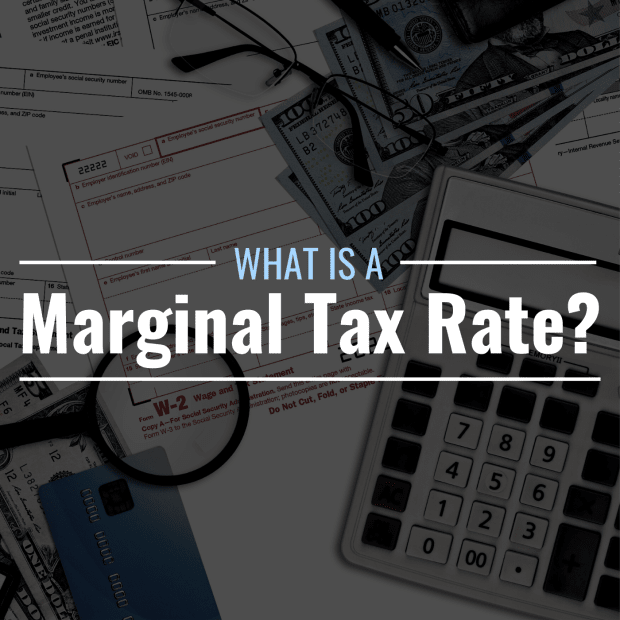
What Is a Marginal Tax Rate?
A marginal tax rate is the rate at which tax paid based on different levels of income. Marginal tax rates typically relate to progressive tax rates, a system in which tax rates increase according to the levels of income attained. The U.S. and many countries use such a tax bracket system in which a different tax rate is applied to different levels of taxable income. As a person’s income increases, so does the marginal tax rate.
How Does a Marginal Tax Rate Apply to Taxable Income?
Marginal tax rates are typically applied to withholding income from an employee's annual income, and are based on single or married status (whether filing separately or jointly).
Example of Marginal Tax Rates
In the U.S., for example, based on the table of 2022 taxable federal income below, a single-income taxpayer would not have to pay any tax for the first $5,250 earned, but would have to pay a marginal 10% tax for income between $5,250 and $16,250. Subsequent income above that would be subject to a higher marginal tax rate, and so forth. All income earned above $583,375 is capped at a marginal 37% tax rate.
How Is a Marginal Tax Rate Calculated?
The tax rate itself is set in the Internal Revenue Code, which is amended by Congress and implemented by the Internal Revenue Service. Factors such as inflation and purchasing power can be considered when adjusting marginal tax rates on annual taxable federal income.
How Does a Marginal Tax Rate Differ From an Effective Tax Rate?
While the marginal tax rate applies to the rate of tax on the last dollar of taxable income, an effective tax rate is the actual tax rate paid on total income. One way to calculate the effective tax rate is to add up the total amount of tax paid and divide that by taxable income. The quotient is the effective tax rate.
Does a Marginal Tax Rate Include Payments for Social Security and Medicare?
No. Marginal tax rates do not take into account payments for Social Security and Medicare. Those are deducted separately.







